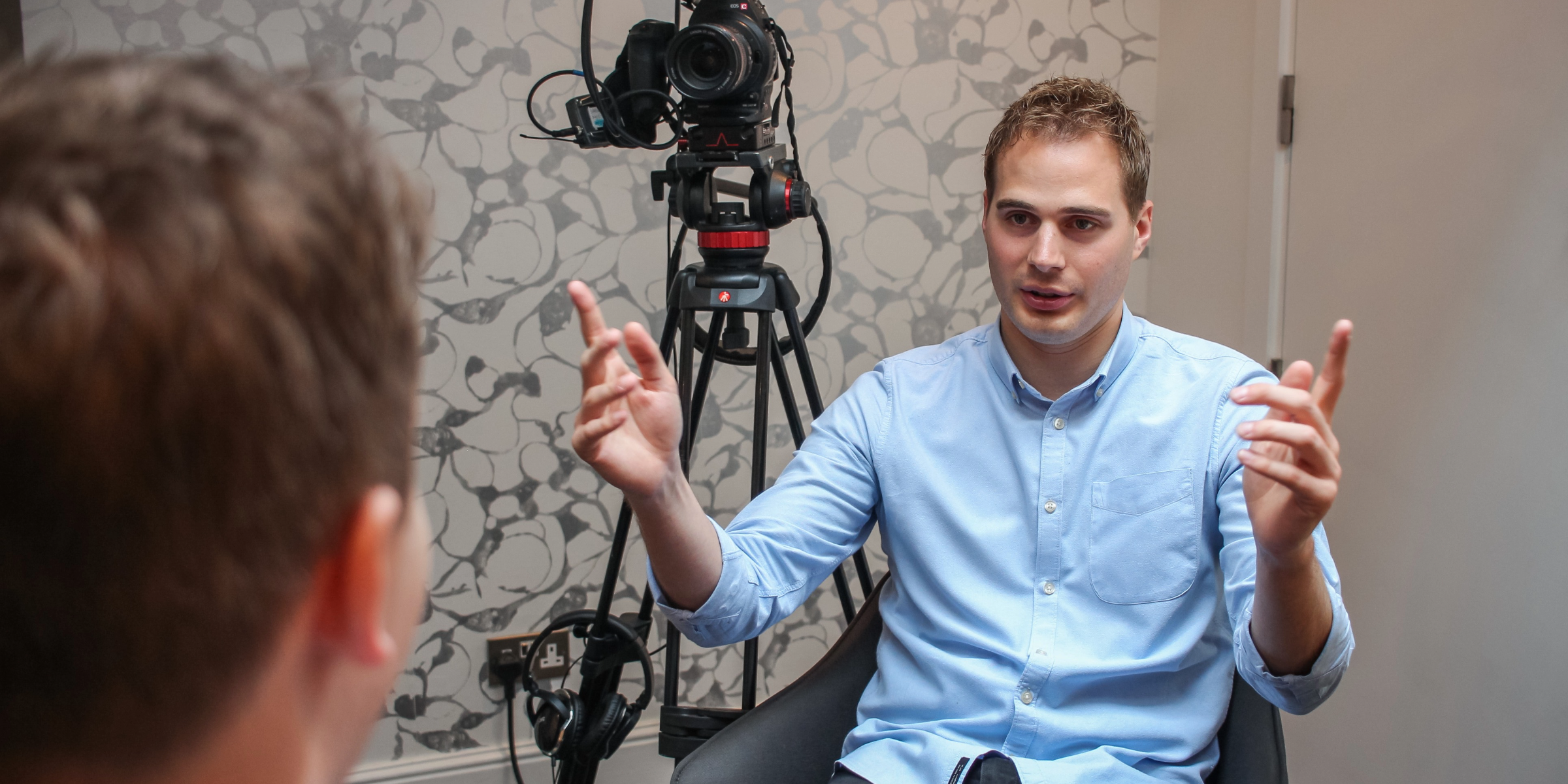So, you’ve booked in your broadcast campaign and the launch day has finally arrived. Now it’s showtime and the pressure is on your spokesperson to weave in key messages and branding within the interviews, to keep you, or if you’re an agency, your client happy.
When it comes to key messaging our first recommendation is to pare down what can sometimes be intense briefing documents. They can run to pages and pages and are completely unrealistic. If your spokesperson is able to work in two or three points into a live broadcast interview they’ll be doing really well. One solid brand mention is success and any more is excellent.
Know the broadcaster you’re speaking to.
Knowing a little bit about the radio and television stations you’re speaking to is crucial and can help you judge how many brand mentions and key messages you can get away with. For example, some smaller commercial stations will often allow you to plug away to your heart’s content. You may get to explain every little detail about your campaign and brand/product, accompanied by a website mention – heaven for most clients! However, you need to be realistic about the likelihood of that happening, and also remember stations that allow this kind of interview may have a have a smaller audience reach.
At the other end of the spectrum is the BBC. Now, BBC interviews are often the ultimate goal for any client, however it is important to keep in mind the strict guidelines BBC journalists must adhere to, meaning you will sometimes be lucky to get one brand mention, let alone two. With regional BBC radio stations it seems to go in waves; sometimes they are in a strict lockdown when it comes to PR-generated content, and at other times they seem to love it. Often it can be down to a new station manager wanting their journalists to create original, local audio. The important part is respecting their rules throughout the interview, never try and ‘pull a fast one’ and to be content with one brand mention as this is usually agreed with the producers beforehand.
So often it’s down to recognising what happiness means for your client. Do they want a packed schedule of smaller commercial stations where they can brand as much as they like, or would they like to focus on a smaller number of quality interviews? These are all important to establish beforehand, and we usually do so in our ‘onboarding form’ so we can manage expectations from the word go.
Remember the aim of your campaign.
I think sometimes clients can become so obsessed with brand mentions and key messages that they forget the actual aim of their campaign. You don’t need to say a brand name five times for a listener to go out and buy your product, and in fact it can have the opposite effect with consumers now savvier than ever! PR isn’t the same as advertising – it needs to be smarter than that. Blatant plugging of any brand will turn listeners off. It’s far more impactful to be subtle in your key messages and direct consumers to a topic or type of product where you know that if they search online or went to the supermarket, they would be led to your product. If your aim is simply raising awareness, then keep it simple and do just that.
Enjoy it!
The broadcast element of any campaign is when your story comes to life. Clients say it is the icing on the cake, so don’t forget to sit back and enjoy it. There are often months of hard work behind PR campaigns, so sometimes it’s nice to give yourself a pat on the back and see your spokesperson being interviewed on national TV or radio without over worrying about key messages and how many brand mentions they’ve managed to squeeze in. Live radio and TV is always a balance between giving the broadcaster what they want but ensuring you maximise the opportunity.
Less is definitely more on some occasions and the interview will flow all the better for it.
We are always happy to help with briefing spokespeople on how to subtly weave in key messages and are on hand for last minute tips on the day of your broadcast campaign. If you would like to bounce some ideas off us, do get in touch! You can email hello@shoutcommunications.co.uk or call us on 0207 240 7373.



